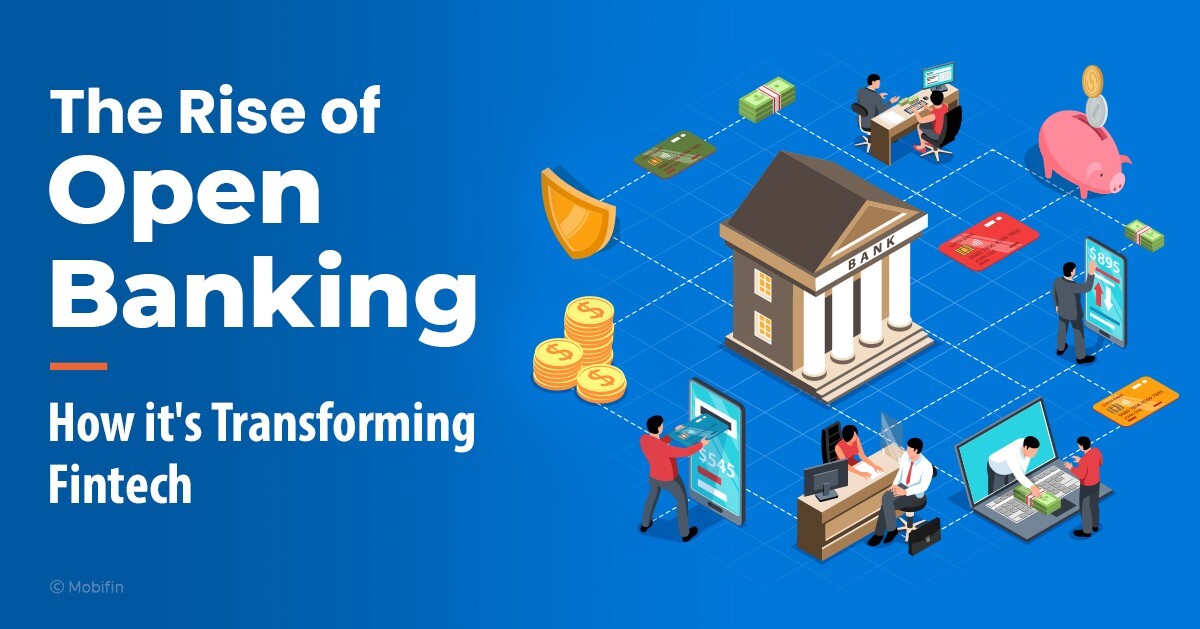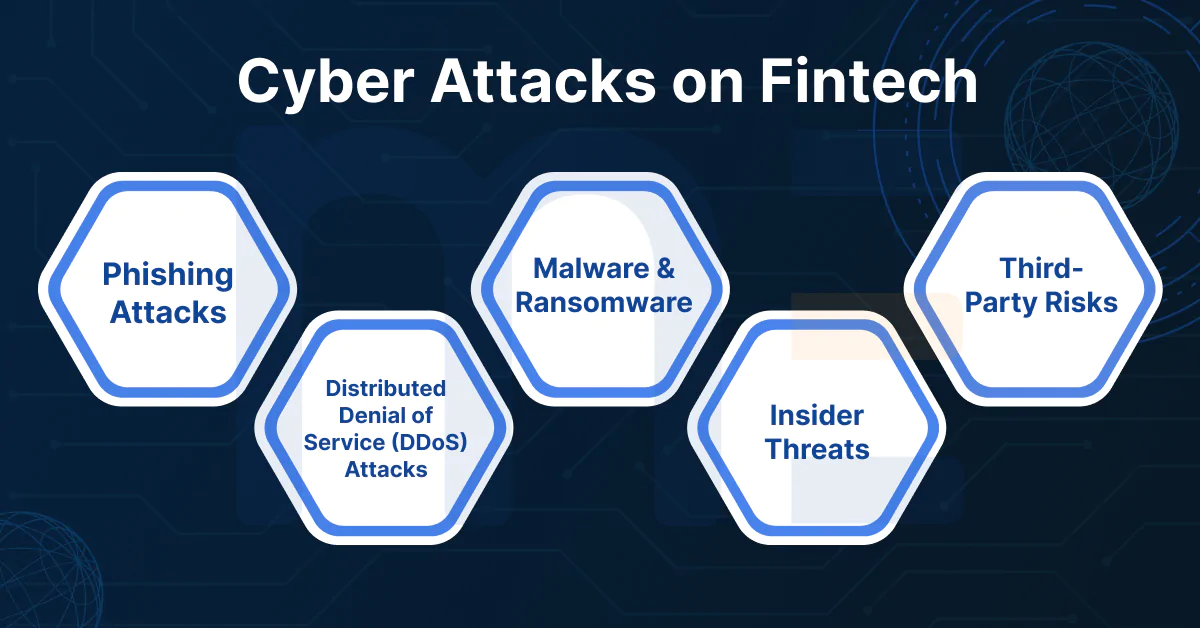Open banking is revolutionizing the financial industry by allowing consumers to securely share their financial data with third-party providers, fostering innovation and competition. Enabled by regulations such as the Revised Payment Services Directive (PSD2) in Europe and the Open Banking Initiative in the UK, this concept is transforming the way individuals and businesses manage their finances. Here’s an in-depth look at open banking and its benefits.
1. What is Open Banking?
Open banking refers to a system where banks and financial institutions provide access to consumer financial data via Application Programming Interfaces (APIs) to authorized third-party providers. This framework enhances financial transparency and enables the development of innovative financial services.
2. Key Drivers Behind Open Banking
- Regulatory Mandates: Laws like PSD2 in Europe and the Consumer Data Right (CDR) in Australia require banks to facilitate data-sharing securely.
- Technological Advancements: The rise of APIs, cloud computing, and artificial intelligence has enabled seamless data sharing and personalized financial solutions.
- Consumer Demand: Users seek better financial management tools, lower costs, and more control over their finances.
3. Benefits of Open Banking
a) Enhanced Financial Management
- Consumers can link multiple accounts to budgeting and expense-tracking apps.
- Provides real-time insights into spending patterns and financial health.
b) Increased Competition & Innovation
- Encourages new fintech startups to create tailored financial services.
- Banks are incentivized to improve offerings and customer experiences.
c) Seamless Payments & Transactions
- Faster, more secure payments without the need for credit card details.
- Reduces reliance on traditional banking intermediaries, lowering transaction costs.
d) Personalized Financial Services
- AI-driven recommendations for loans, savings, and investments.
- Financial products tailored to individual needs based on data insights.
e) Greater Transparency & Security
- Strong authentication and encryption protocols ensure secure data-sharing.
- Consumers have control over what data they share and with whom.
4. Challenges & Concerns
- Data Privacy & Security: Ensuring that shared financial data is protected from breaches and misuse.
- Regulatory Compliance: Companies must comply with data protection laws like GDPR.
- Consumer Awareness: Users need to be educated on the benefits and risks of open banking.
5. The Future of Open Banking
As open banking adoption grows, we can expect:
- Expansion into new financial sectors, including insurance and investments.
- Improved AI-driven financial insights and automated wealth management.
- Increased collaboration between banks and fintech firms for seamless user experiences.
Final Thoughts
Open banking is reshaping the financial landscape by providing consumers with greater control, transparency, and access to innovative financial services. While challenges remain, the benefits of open banking far outweigh the risks, making it a pivotal development in modern finance.
What are your thoughts on open banking? Share your insights in the comments!



